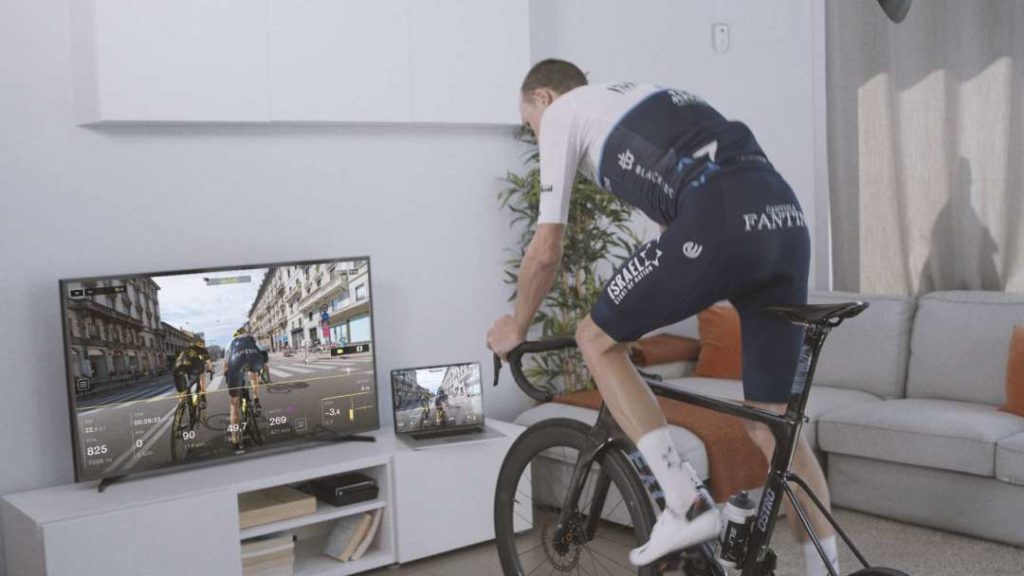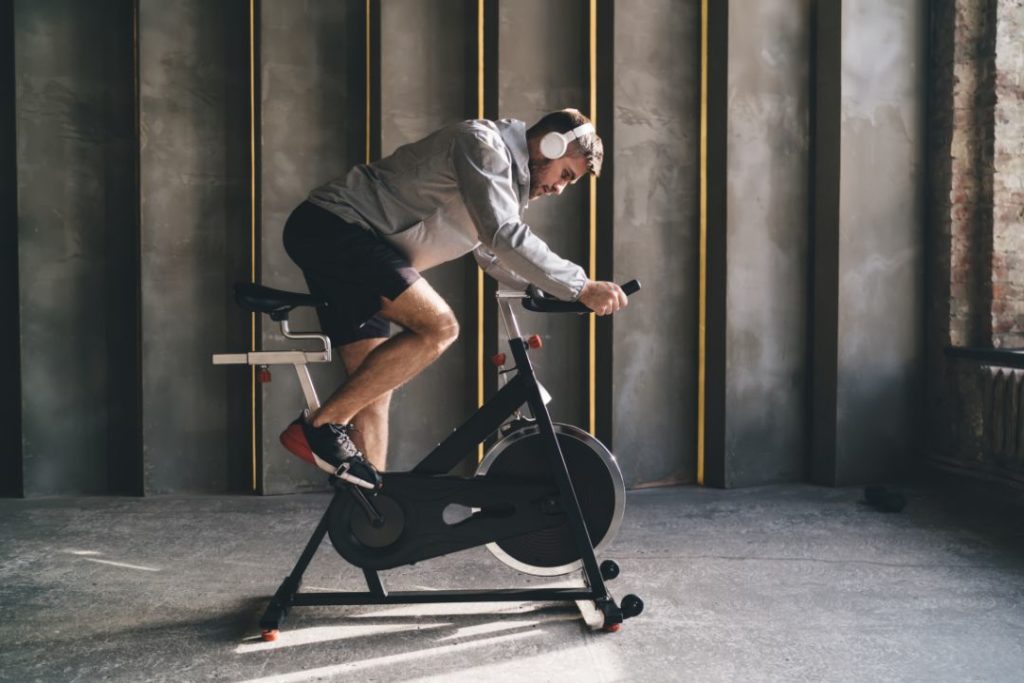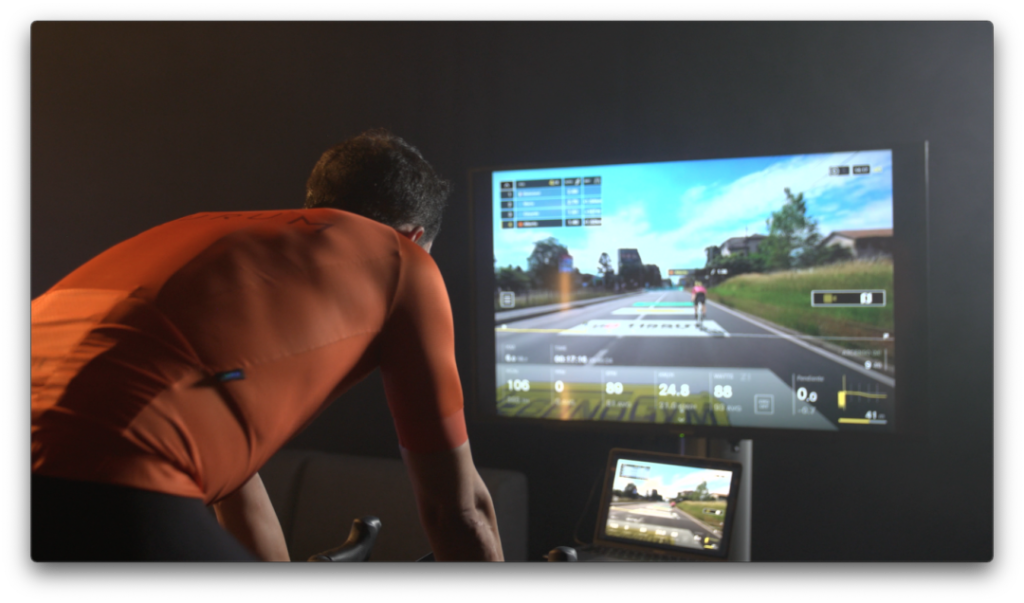Our lifestyle can sometimes mean that we develop high levels of stress which affect our performance when doing sports, so we are going to explain how this affects our exercise when doing indoor cycling.
Stress is our body’s adaptive response to adverse situations, which happens in order to put us into a state of alert, and to protect us. This reaction does not pose any risk, provided that they are just sporadic events. However it can become a problem when this occurs over a prolonged period of time.
Experiencing high levels of stress can result in:
- Significant increase in Heart Rate
- Breathing more intensely
- Improved muscle response
- Pupil dilation
- Tissues become more sensitive, resulting in pains, fatigue and injury
- Anxiety, negative moods and insomnia
- High blood pressure and circulatory difficulties
- Hormonal imbalances
- Increased intestinal permeability: digestive disorders, and even disorders related to immunodeficiency (rashes, allergic reactions, etc.)
How does Stress affect Indoor Cycling?
High levels of stress make it more difficult for an athlete to reach the optimal performance level as it reduces the response capacity in areas of the brain involved in maintaining effort. It switches the focus to speed or to addressing various stimuli simultaneously.
Stress, as well as allowing for a more intense response, has other effects on the organism which can take their toll in the short- and medium-term.
For example, when we feel stressed, our metabolism finds it more difficult to lose the fat which accumulates around the abdomen, just in the same way that the immune system reduces its activation level, making us more susceptible to all types of illnesses.
This is why higher levels of stress are related to many health conditions: ranging from obesity to cancer, including mood disorders such as anxiety or depression, heart conditions such as a heart attack or blood clot, or other neurological conditions like Alzheimer’s.
How does Indoor Cycling fight Stress?
Indoor Cycling is beneficial for dealing with stress. A good exercise session can counteract the effects of a stressful day. Each time you are active, your circulatory system releases endorphins which make you feel good, they help you to relax and to disconnect from your problems, and at the same time activating your immune system.
The mind benefits greatly from practising indoor cycling, and this exercise brings with it emotional wellbeing, as well as helping cognitive processes.
During training sessions, endorphins are released in the hypothalamus, which then stimulate the parts of the brain which produce feelings of pleasure. These ‘happy hormones’ act a little like tranquilizers and painkillers, and also reduce tiredness. This state lasts for a few hours until the endorphins are neutralised by other enzymes which bring back the hormonal balance.
In addition, this aerobic exercise also slows down deterioration associated with the brain age. Likewise, it can have a preventive effect on neurodegenerative disorders such as Alzheimer’s.
The quality of sleep also improves, as this cardio exercise has a calming effect which induces a better rest.
Conclusion
The effects of stress on indoor cycling are evident, because as mentioned previously, it makes it more difficult to lose the fat which accumulates around the abdomen and it reduces the immune system’s activation level.
However, doing indoor cycling has a series of benefits related to the brain and the mind which counteract the effects of stress. In other words, although the stress affects our performance on the bike, continuing to exercise will help to reduce these levels of stress.
It is normal to feel unmotivated when you don’t reach your maximum performance during your indoor cycling session, but sticking with this sport comes with so many physical and psychological benefits, that by applying effort and consistency, you will be able to reach your goals without stress getting in the way.
BKOOL is the most complete cycling simulator on the market, try it FREE for 7 days!
 Go to BKOOL
Go to BKOOL





